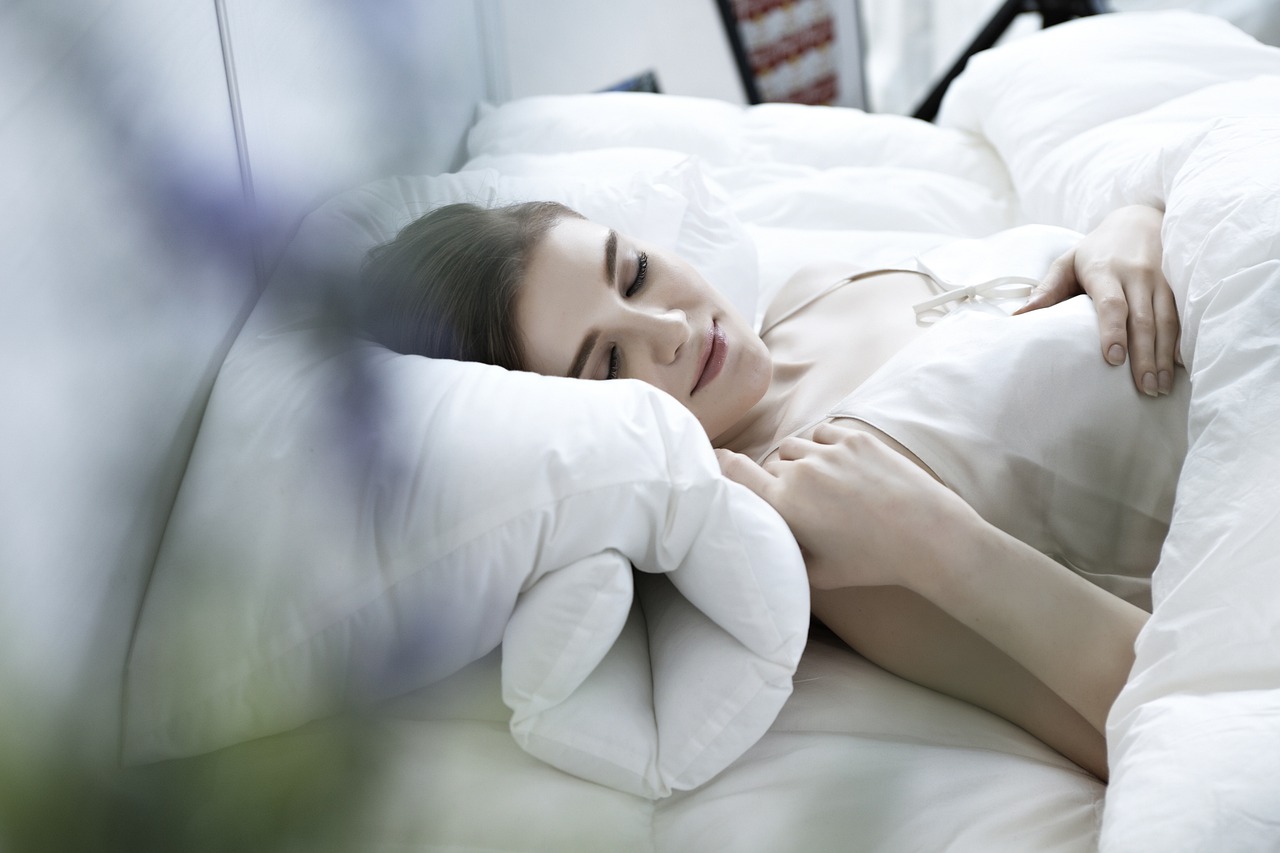Sleep: The Ultimate Self-Care Tool for Your Mind and Body

Self-care has become a buzzword in recent years, with everyone from influencers to therapists promoting the importance of taking care of oneself. But amidst the face masks, bubble baths, and spa days, there is one self-care tool that often gets overlooked – sleep. Yes, sleep – that thing we do every night to recharge our bodies and minds, but rarely give much thought to. However, sleep is not just a mundane part of our daily routine; it is the ultimate self-care tool for our mind and body.
Let's start with the physical benefits of sleep. When we sleep, our bodies go into repair mode, healing any damage or wear and tear that may have occurred during the day. This is why getting enough sleep is crucial for maintaining a healthy immune system. Studies have shown that people who consistently get less than seven hours of sleep are more likely to get sick, as their bodies are not able to fight off infections as effectively as those who get enough rest.
But it's not just our immune system that benefits from sleep. Our cardiovascular system also gets a boost when we sleep. During sleep, our blood pressure and heart rate decrease, giving our heart a much-needed break. This is important because high blood pressure and an increased heart rate are risk factors for heart disease. So, by prioritizing sleep, we are taking care of our heart health and reducing our chances of developing cardiovascular issues.
Now, let's talk about the mental benefits of sleep. We all know that feeling of being cranky and irritable after a night of poor sleep. But did you know that chronic sleep deprivation has been linked to mental health issues such as anxiety and depression? When we don't get enough sleep, our brains are not able to regulate emotions effectively, leading to mood swings and increased stress levels. On the other hand, getting enough sleep allows our brains to recharge and process emotions, leading to improved mental well-being.
Sleep also plays a crucial role in cognitive function. Have you ever noticed that after a good night's sleep, you feel more alert, focused, and able to tackle tasks? That's because sleep is essential for memory consolidation and learning. When we sleep, our brains are busy forming new connections and solidifying memories, which is why students are often advised to get a good night's sleep before an exam. So, if you want to perform at your best mentally, prioritizing sleep is key.
In addition to the physical and mental benefits, sleep also plays a vital role in our appearance. We've all experienced the dreaded dark circles and puffy eyes after a night of little sleep. But it's not just about looking tired; lack of sleep can also lead to premature aging. When we sleep, our body produces collagen, a protein that helps keep our skin firm and youthful. So, by getting enough sleep, we are not only taking care of our physical and mental well-being, but we are also enhancing our appearance.
So, how much sleep do we need to reap all these benefits? The National Sleep Foundation recommends that adults aged 18-64 should aim for 7-9 hours of sleep per night. However, the amount of sleep needed can vary from person to person, so it's important to listen to your body and give it the rest it needs.
In a society that glorifies busy and overworking, it can be challenging to prioritize sleep. But as we have seen, sleep is not a luxury; it is a necessity for our overall well-being. So, how can we incorporate better sleep habits into our self-care routine? Here are a few tips:
1. Set a bedtime routine: Just like how we have a morning routine, it's essential to have a bedtime routine. This can include activities such as reading, meditating, or listening to calming music to help you wind down and prepare for sleep.
2. Avoid screens before bed: The blue light emitted from our electronic devices can disrupt our sleep patterns. So, try to avoid screens at least an hour before bedtime.
3. Create a comfortable sleep environment: Make sure your bedroom is dark, quiet, and at a comfortable temperature. Invest in a good mattress and pillows to ensure you are getting the best sleep possible.
4. Listen to your body: If you are feeling tired, don't fight it. Instead, listen to your body and give it the rest it needs. This may mean taking a short nap during the day or going to bed earlier than usual.
In conclusion, sleep is not a luxury; it is a vital self-care tool for our mind and body. By prioritizing sleep and making it a part of our self-care routine, we are not only improving our physical and mental well-being, but we are also enhancing our quality of life. So, the next time you think about skipping out on sleep to get more things done, remember that getting enough sleep is the ultimate act of self-care.